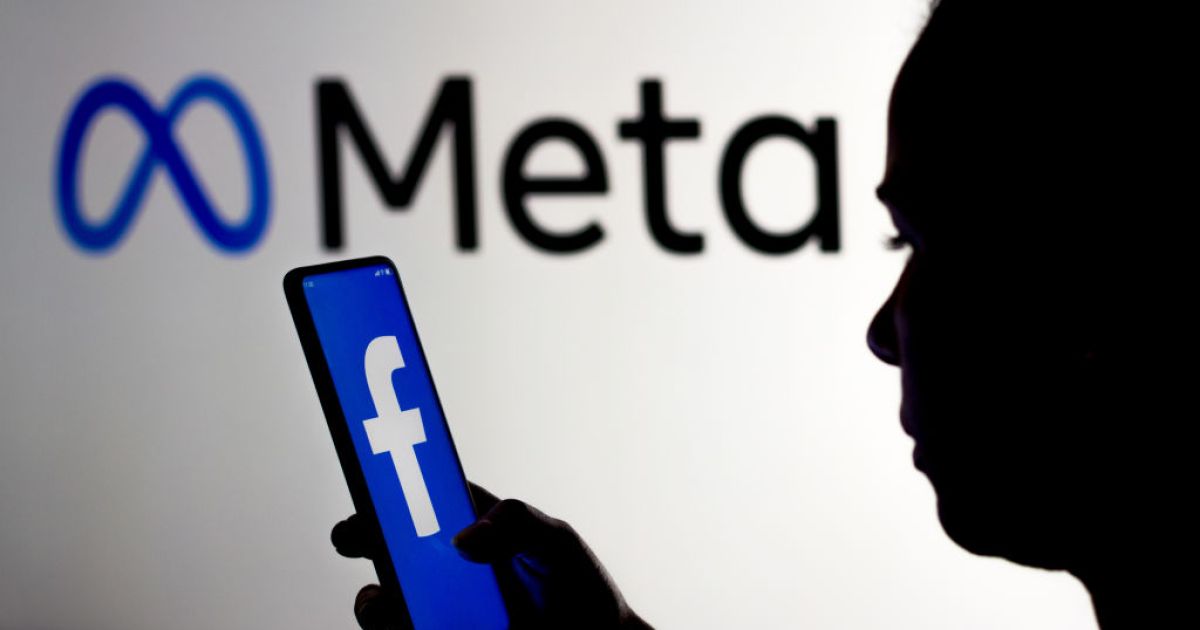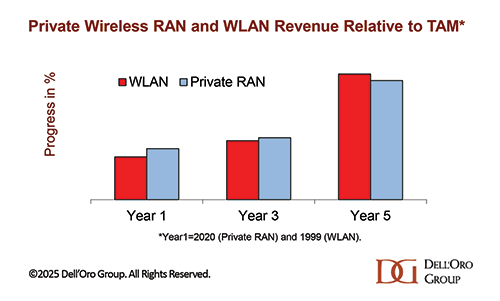
Twitter’s hateful conduct policy no longer provides specific protections for transgender users who are deadnamed or misgendered, following a quiet rollback from the social platform. The move was called out on Tuesday by LGBTQ advocacy organization Gay & Lesbian Alliance Against Defamation (GLAAD).
YouTube updates guidelines for eating disorder-related content
The provision was first added in 2018, stating(opens in a new tab), in part, “We prohibit targeting others with repeated slurs, tropes or other content that intends to degrade or reinforce negative or harmful stereotypes about a protected category. This includes targeted misgendering or deadnaming of transgender individuals.” As of April 8, the policy(opens in a new tab) no longer includes the second sentence, GLAAD found via the Wayback Machine.
In a statement issued Tuesday(opens in a new tab), GLAAD called the move “the latest example of just how unsafe the company is for users and advertisers alike.”
“The practice of targeted misgendering and deadnaming has been identified by the ADL(opens in a new tab) and other civil society groups as a form of hate speech. Social media companies committed to maintaining safe environments for LGBTQ people should be working to improve hate speech policies, not deleting long-standing ones,” wrote GLAAD President and CEO Sarah Kate Ellis.
Media outlets and Twitter insiders have previously reported on Twitter CEO Elon Musk’s intention(opens in a new tab) to review the provisions of the hateful conduct policy specifically related to trans users. Shortly after he took over the site, Bloomberg(opens in a new tab) reported that Musk had already asked employees “to review Twitter’s hateful conduct policy, according to the people, specifically a section that says users can be penalized for ‘targeted misgendering or deadnaming of transgender individuals.'” This came shortly before the billionaire disbanded the site’s Trust and Safety Council(opens in a new tab).
Twitter’s adjusted many of its user conduct policies over the last six months, in moves often described as being aligned with Musk’s “free speech” goals. This week, the platform announced it would no longer remove all tweets in violation of its hateful conduct policy, but instead add “warning labels” to the posts. Tweets with this label reportedly will have “limited visibility” to other users.
Last year, TikTok banned anti-trans conduct on its app(opens in a new tab), including deadnaming and misgendering. Meta platforms, like Instagram and Facebook, provide policies for gender- and sexuality-based harassment, and the company was reconsidering its moderation policies(opens in a new tab) last year. None of the sites are doing enough to protect LGBTQ users, however, according to a 2022 study by GLAAD.
GLAAD’s recent statement also referenced the #StopToxicTwitter coalition(opens in a new tab), a network of more than 60 civil rights and civil society groups that have been pushing for the social media platform(opens in a new tab) to ensure the safety of its users through pressure on its top advertisers. The organization noted that Musk’s history of anti-LGBTQ posting(opens in a new tab) was particularly concerning, linking to recent tweets(opens in a new tab) from Musk that implied doctors providing gender affirming care should go to prison.
In February, nonprofit research organization The Center for Countering Digital Hate(opens in a new tab) issued a report that found the app was making up for its advertising losses by reinstating previously-banned, “problematic” tweeters that would guarantee greater user impressions through their posts. The findings added to an already documented rise in hate speech on the site(opens in a new tab), which has prompted some users to leave the site and organizations to advocate for support.
Advocacy groups plan to continue placing pressure on advertisers and industry leaders at this week’s POSSIBLE conference(opens in a new tab), a global marketing event billing Musk as a keynote speaker, GLAAD noted.
“This decision to roll back LGBTQ safety pulls Twitter even more out of step with TikTok, Pinterest, and Meta,” said Ellis, “which all maintain similar policies to protect their transgender users at a time when anti-transgender rhetoric online is leading to real world discrimination and violence.”






